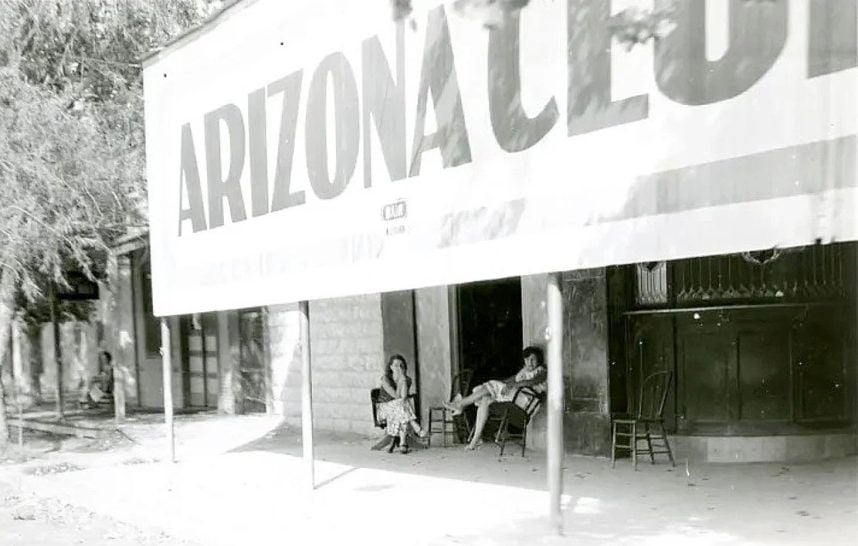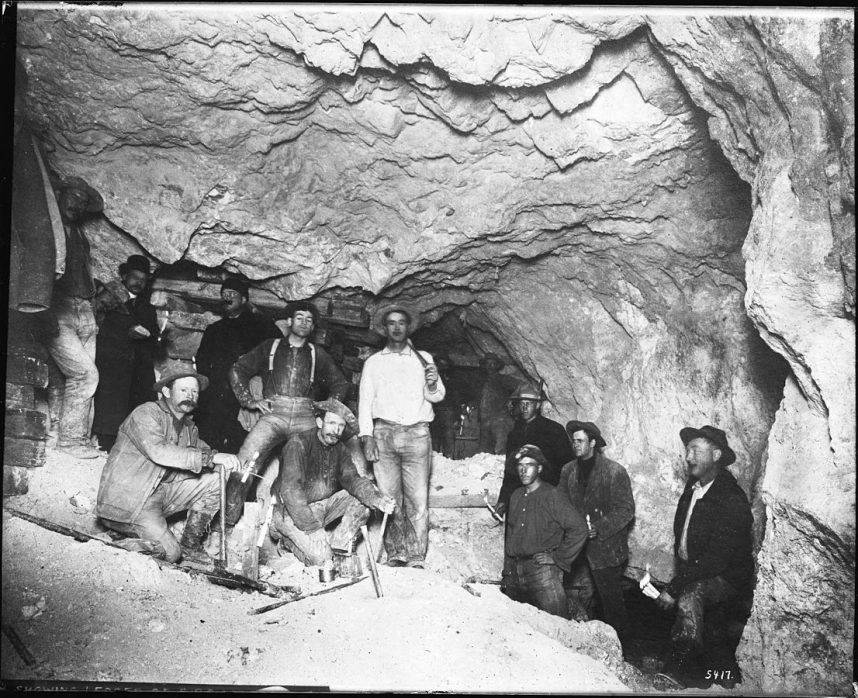Posted on: September 9, 2024, 02:30h.
Last updated on: September 9, 2024, 12:42h.
The “trick roll” is one of the most lucrative crimes on the Las Vegas Strip. It’s also probably the most popular, though no one can say for sure precisely because it’s the crime least likely to be reported by its victims.

The trick roll is when a sex worker expertly burglarizes (rolls) a customer without his knowledge at the time. Rolex watches are typically involved. Sometimes, so is a certain female body part that the Rolexes are concealed in.
“It’s almost the norm in Las Vegas,” Jonathan Sullivan, a former corporate investigator for the Wynn, told Casino.org. “I would average at least one trick roll complaint a night. But victims of trick rolls are usually reluctant to report them, and rarely want police involvement.”
Little do they probably know, but today’s unscrupulous Las Vegas sex workers are following a local tradition that’s well over 100 years old.
Gravy Train

Union Pacific Depot in downtown Las Vegas (the site of today’s Plaza Hotel) wasn’t George Wood’s final destination on the cold morning of Jan. 13, 1915.
Wood was a prospector, one of most common occupations among the 80,000 or so residents of Nevada at the turn of the 20th century. He was headed 184 miles northwest to Goldfield, so named because of the $86 million in gold discovered there between 1903 and 1940 (in then-current prices).
But the 10 a.m. train to Goldfield wouldn’t arrive for several more hours. So Wood sauntered two blocks northeast to Block 16, Las Vegas’ only official red light district, for some entertainment. He had $190 cash on him, just short of $6,000 today.
The chance to become instantly rich just by digging in the right place attracted thousands of single men to Nevada from around the US back then. It also presented a corresponding opportunity to the sex workers of Block 16.
Here, in words chosen in 1915 by an uncredited reporter for the Las Vegas Age, the young city’s largest newspaper, Wood “met a congenial companion or two, took a few drinks and lost interest in trains,” then “took another drink or two and lost consciousness.”
One of those companions was Camille Smith, among the most popular Block 16 workers of the day. The other was her accomplice, 21-year-old Glen Harwood, whom the Age bluntly described as “a dope fiend.” The pair slipped “knockout drops” of an unspecified variety into the drinks they served Wood.
Walk of Shame
On the morning of Jan. 14, according to the Age, a deputy sheriff Lockett found the victim “wandering about the streets in a dazed condition, only partially clothed and nearly frozen.” Wood had been relieved of all his cash, most of his clothing, his ticket to Goldfield and, naturally, his watch.
Wood’s last memory was being led back by Smith into one of back hotel rooms at the unidentified saloon, nearly all of which on Block 16 featured them.

Harwood caved under questioning from Lockett, according to the website Mayhem in the Desert. while Smith maintained her innocence. Since Harwood had a longer criminal history, the district attorney pinned all the charges on him.
Harwood served a couple of months in Clark County Jail, then turned his life around and became an auto mechanic. Whether the same can be said of Smith is not known, as her name never appeared in the local media again.
On Nov. 4, 1921, The Record-Courier of Gardenerville, Nev. reported that a George Wood, “well known in Carson Valley, where he resided for several years, was killed in an automobile accident near Reno.” Wood was described as “a trapper” who “during the summer months was employed in ranch work.”
We hope this was a different George Wood and that ours eventually made it to Goldfield to find his fortune.


